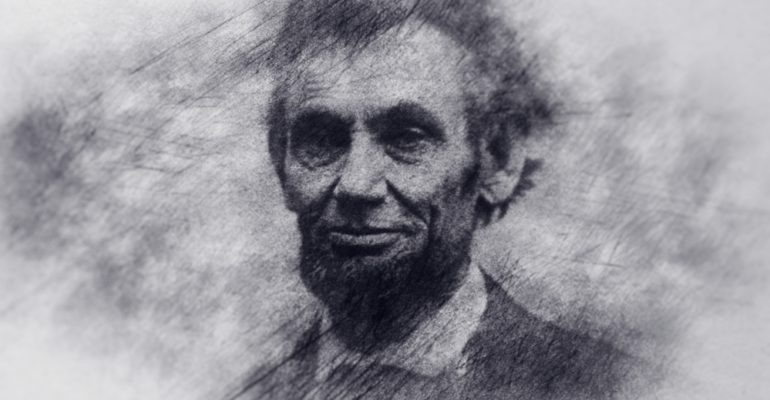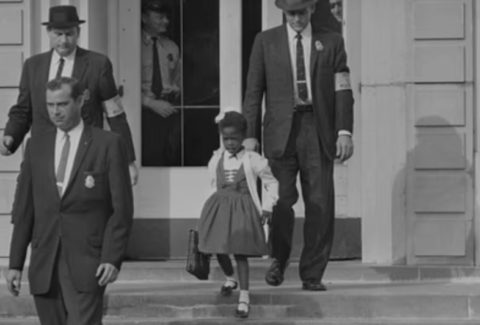Abraham Lincoln’s Legacy: Mental Health Advocacy in Times of Adversity
In the annals of history, few leaders have left as indelible a mark as Abraham Lincoln[1]—a towering figure whose leadership, resilience, and compassion continue to inspire generations. As we navigate the complexities of mental health and well-being, Lincoln’s enduring legacy offers invaluable insights into the transformative power of empathy, courage, and perseverance. Through his own struggles with depression and his unwavering commitment to justice and equality, Lincoln exemplifies the profound connection between leadership, mental health, and the pursuit of a more compassionate society.
The Resilience of Abraham Lincoln: A Beacon of Hope in Times of Turmoil
Abraham Lincoln’s life was marked by adversity, tragedy, and personal hardship. From his humble beginnings on the frontier to his tumultuous presidency during the Civil War, Lincoln faced numerous challenges that tested his resolve and resilience. Despite grappling with bouts of severe depression, known then as “melancholy,” Lincoln persevered, drawing strength from his deep sense of purpose and his unwavering belief in the promise of a more just and equitable society.[2]
Mental Health Advocacy: A Cornerstone of Lincoln’s Leadership
Abraham Lincoln’s own struggles with mental health served as a catalyst for his commitment to improving the lives of others. Throughout his presidency, Lincoln advocated for policies and programs aimed at supporting individuals struggling with mental illness and promoting mental well-being.[3] His emphasis on empathy, compassion, and understanding laid the groundwork for a more compassionate approach to mental health care, rooted in the recognition of the inherent dignity and worth of every individual.
The Impact of Trauma on Mental Health: Lessons from Lincoln’s Leadership
Lincoln’s presidency was marked by the profound trauma of the Civil War—a conflict that exacted a devastating toll on the nation and its people.[4] As a leader, Lincoln understood the profound impact of trauma on mental health and well-being, recognizing the importance of providing support and resources to those affected by the ravages of war. His efforts to address the mental health needs of soldiers and veterans laid the foundation for modern initiatives aimed at supporting individuals grappling with trauma and PTSD.
Empathy and Understanding: Building Bridges to Healing
At the heart of Lincoln’s leadership was a deep sense of empathy and understanding—a recognition of the humanity and dignity of every individual, regardless of race, background, or circumstance.[5] In the realm of mental health care, empathy serves as a powerful tool for healing and connection, fostering a sense of belonging and understanding within communities. By embracing Lincoln’s example and cultivating empathy in our interactions with others, we can create environments of acceptance, support, and healing for those struggling with mental illness.
Conclusion: Honoring Lincoln’s Legacy in Mental Health Advocacy
As mental health professionals, caregivers, and advocates, we have a responsibility to honor the legacy of Abraham Lincoln by championing the cause of mental health and well-being. By drawing inspiration from Lincoln’s resilience, compassion, and commitment to justice, we can work together to build a more compassionate and inclusive society where all individuals have the opportunity to thrive. Through our collective efforts to promote empathy, understanding, and support, we can ensure that Lincoln’s vision of a more perfect union extends to the realm of mental health care, where every individual is valued, heard, and empowered to live a life of dignity and purpose.
[1] Thomas, Benjamin P. Abraham Lincoln: a biography. SIU Press, 2008.
[2] Burlingame, Michael. Abraham Lincoln: A Life. Vol. 2. JHU Press, 2013.
[3] Medina, Daryl Claude. “The Experience of Generalized Anxiety Disorder through the Lens of Abraham Lincoln: The Effects of Mental Health Stigma.” (2017).
[4] Smith, Harold Ivan. “Abraham Lincoln:“A Man of Sorrows and Acquainted with Grief”.” Illness, Crisis & Loss 32.2 (2024): 329-355.
[5] Schwartz, Barry. “Collective memory and history: How Abraham Lincoln became a symbol of racial equality.” The Sociological Quarterly 38.3 (1997): 469-496.






